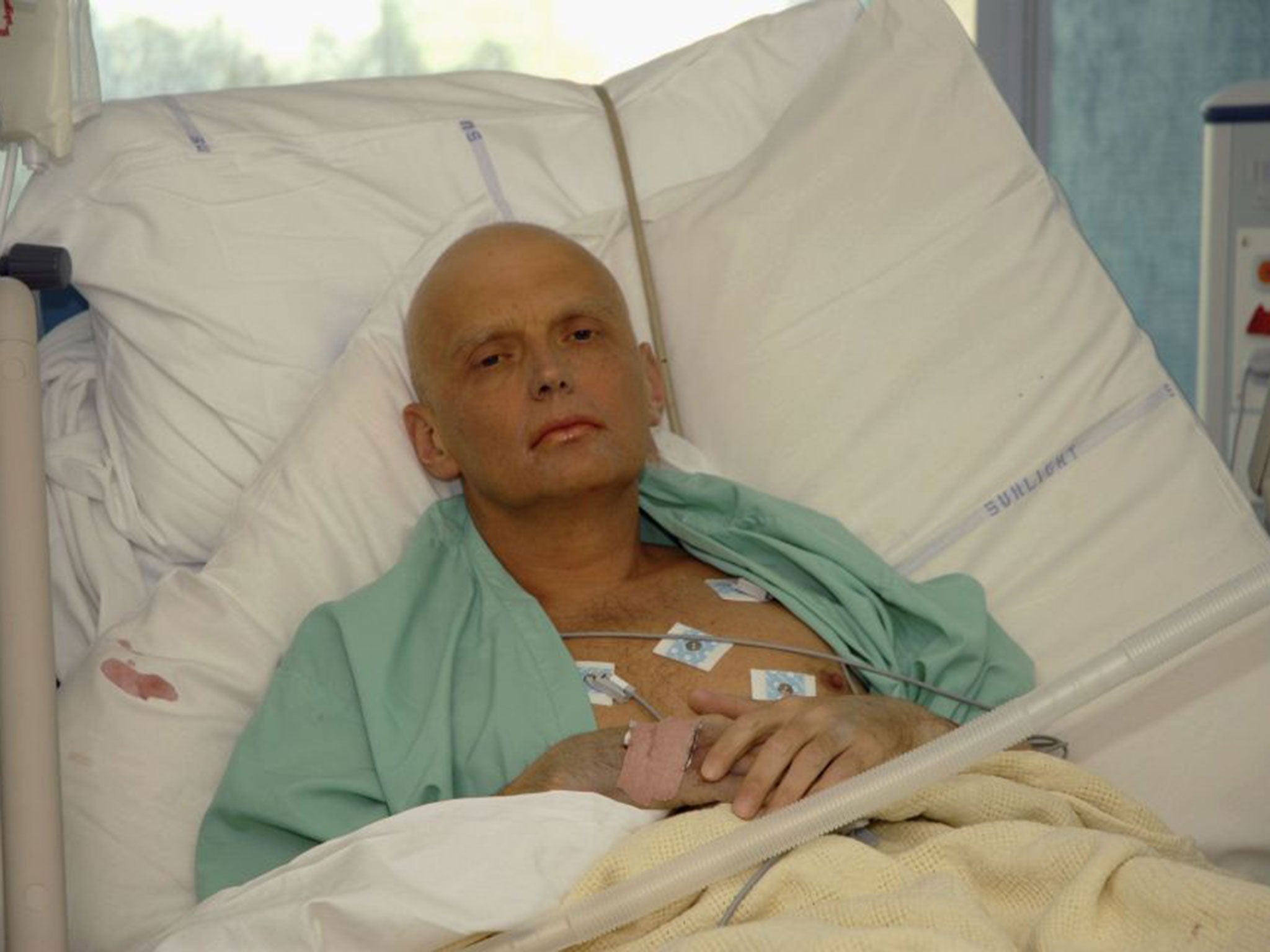Alexander Litvinenko: What we know about the Russian spy murdered in London
A former spy, proud British citizen and relentless critic of the Kremlin

Alexander Litvinenko is best known as the man he had become by the time he sipped a fateful cup of tea in a London hotel nearly a decade ago: a former spy, proud British citizen and relentless critic of the Kremlin.
But the details of his earlier life in Russia gave little indication of the events that would define his final years after arriving in the UK.
Born in the city of Voronezh in 1962, he grew up with his grandparents in Nalchik, close to the Caucasus mountains.
Known to family and friends as Sasha, he married his first wife Natalia at the age of 20 while he was at military school. The couple, who later divorced, had two children.
Mr Litvinenko became an officer in the Russian army and, in around 1987, he was recruited into security service the KGB, later known as the FSB.
His career path to this point appears to have been smooth but by the end of the following decade he had grown disenchanted.
Mr Litvinenko was said to have been "deeply affected" by serving in the first Chechen war in 1995 and the inquiry into his death heard he came to sympathise with the Chechen cause, converting to Islam in the days before his death.
In November 1998, he made the seismic decision to publicly expose an alleged plot to assassinate the tycoon Boris Berezovsky and denounce corruption within the FSB.
He was dismissed and faced a series of criminal proceedings, spending several months in prison in 1999.
Acquitted once before a second trial collapsed, it was while awaiting trial on the third set of charges that Mr Litvinenko fled Russia with his second wife Marina and their son Anatoly.
The inquiry heard the story of their departure "would not disgrace the pages of a thriller", with Mr Litvinenko travelling to Georgia on a forged passport, then on to Turkey where he met his family.
They arrived at Heathrow on November 1 2000 - six years to the day before Mr Litvinenko drank the tea that poisoned him at a London hotel.
They spent their first weeks in hotels, eventually moving into a townhouse in Muswell Hill, north London.
The family were granted asylum and later became British citizens, a source of great pride to Mr Litvinenko. "He was always going on about the integrity of this nation," Anatoly said.
But it was in his adopted country that Mr Litvinenko would be killed.
He devoted much of his time to political campaigning, speaking at public meetings, giving interviews and writing articles as he emerged as a vocal opponent to President Vladimir Putin's regime.
He co-authored a book alleging Russian agents had been responsible for apartment bombings in 1999 that left hundreds dead and in the weeks before his death began investigating the murder of journalist Anna Politkovskaya.
He also had links to the intelligence community in Britain, becoming involved with MI6 in 2003. His handler "Martin" arranged regular payments for consultancy work about Russian organised crime.
Following his poisoning with Polonium-210, Dmitri Kovtun and Andrei Lugovoi, who he met at a hotel three weeks before his death, would emerge as the prime suspects. They deny involvement.
In hospital, Mr Litvinenko accused Mr Putin of ordering his assassination - a claim the Kremlin has always denied.
Mr Litvinenko's final words were deeply personal. His widow wept as she recalled how he told her: "I love you so much."
PA
